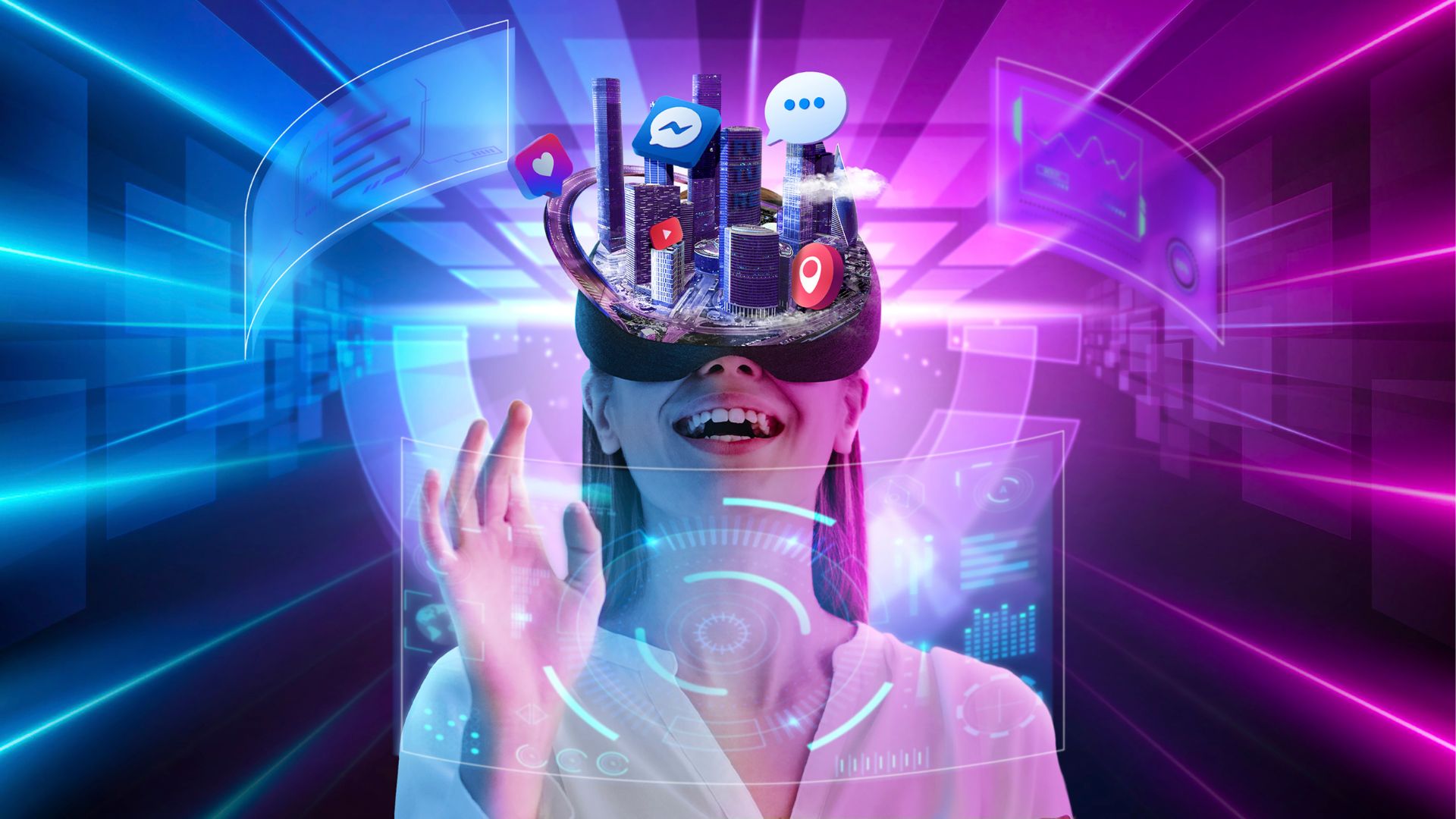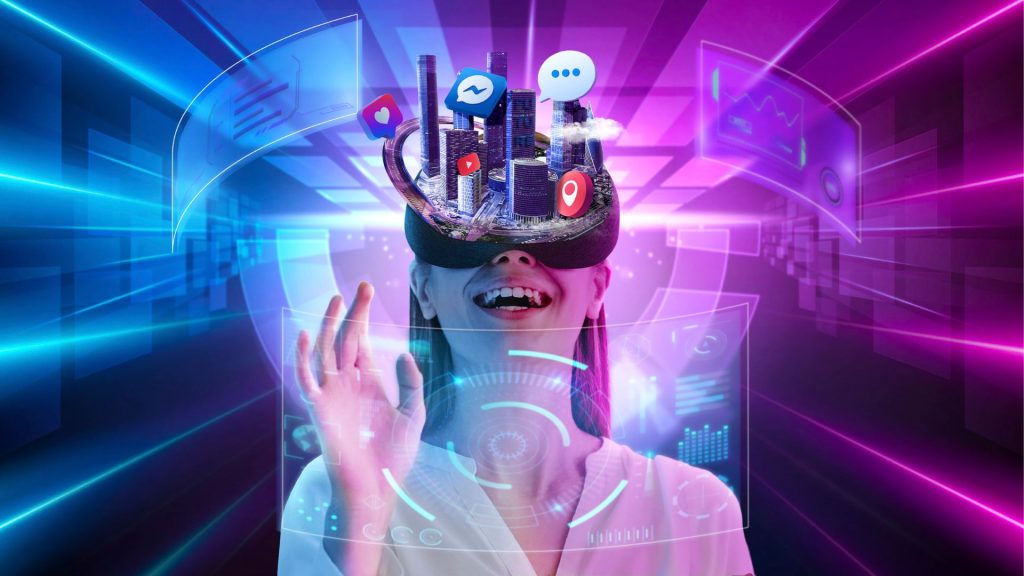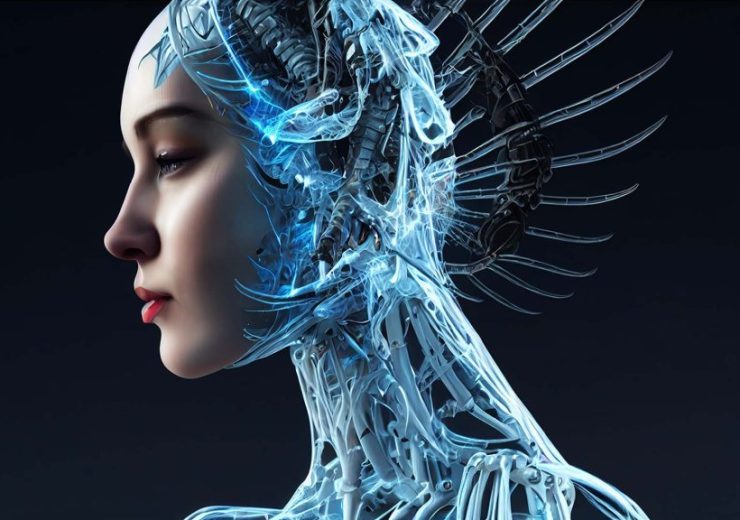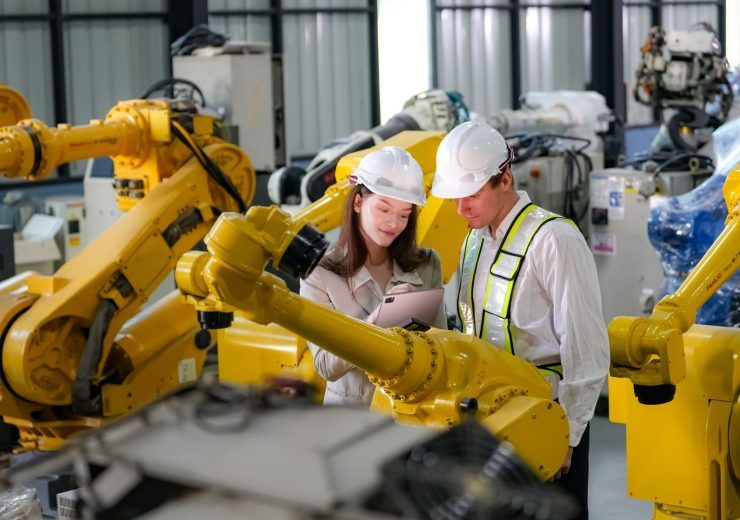AI in Entertainment: How Machine Learning is Transforming Movies and TV

AI in Entertainment: How Machine Learning is Transforming Movies and TV

The rise of artificial intelligence (AI) in entertainment is reshaping how content is created, distributed, and consumed. Machine learning (ML), a subset of AI, has particularly significant implications for the movie and television industries. From scriptwriting to post-production and viewer recommendation systems, AI’s influence is pervasive and growing. This article explores the various ways in which machine learning is revolutionizing the entertainment landscape.
Machine Learning in Content Creation
Scriptwriting and Plot Development
AI tools are now able to analyze vast databases of film scripts to identify what makes a screenplay successful. This analysis can suggest plot points, character development arcs, and even dialogues that are more likely to resonate with specific audiences.
Casting and Performance Analysis
Machine learning algorithms can analyze past performances and audience reactions to help directors cast actors who are best suited for a particular role. This technology is also being used to enhance actors’ performances digitally in post-production, ensuring optimal delivery.
Visual Effects and Animation
AI is heavily used in creating realistic and complex visual effects that would be too time-consuming and costly to produce manually. For example, ML algorithms can automatically generate background crowds and environments or enhance details in animations that give life to intricate scenes.
Enhancements in Production Efficiency
Automated Editing
AI systems can assist in editing by suggesting cuts, transitions, and even integrating visual effects based on the director’s style and the narrative’s pacing requirements. This can significantly speed up the post-production process.
Sound Design and Scoring
Machine learning models are capable of composing music scores and sound effects tailored to the emotional cues of a scene. These AI systems analyze existing scores and viewer reactions to them to create audio that enhances the cinematic experience.
Personalization of Viewer Experience
Recommendation Systems
Perhaps the most recognized use of AI in entertainment is in recommendation engines. Platforms like Netflix and Amazon Prime use machine learning to analyze viewing patterns and suggest shows and movies that individual users are likely to enjoy.
Interactive and Customizable Content
Some studios are experimenting with AI to create interactive narratives where viewers can choose the storyline’s direction. Machine learning helps predict the choices viewers might make, allowing for smoother storytelling transitions.
Marketing and Distribution
Targeted Advertising
AI analyzes viewer data to help studios and networks create targeted advertising campaigns. Machine learning algorithms can predict which demographics will be most interested in a movie or show, optimizing marketing budgets by focusing on the most receptive audiences.
Content Distribution
Machine learning also plays a role in deciding how best to release titles across different platforms and regions, maximizing viewership and revenue based on viewing trends and content popularity.
Challenges and Ethical Considerations
Bias and Fairness
As with all AI applications, there is a risk of bias in machine learning models that can lead to unfair representation or stereotyping in content creation and distribution. Ensuring diversity in training data and continuous monitoring for bias is essential.
Privacy Concerns
The use of data in AI systems raises privacy concerns, particularly regarding how viewer data is collected, used, and stored. Adhering to data protection laws and maintaining transparent practices is crucial for maintaining consumer trust.
The Future of AI in Entertainment
Looking ahead, the role of AI in entertainment is set to grow, with more sophisticated applications on the horizon. This includes the potential for entirely AI-generated films and shows, where machine learning algorithms could handle everything from scriptwriting to directing and post-production.
Machine learning is undeniably transforming the entertainment industry, making processes more efficient and personalized while also opening up new possibilities for content creation. As this technology advances, it promises to deliver richer, more engaging viewing experiences that were previously unimaginable.



